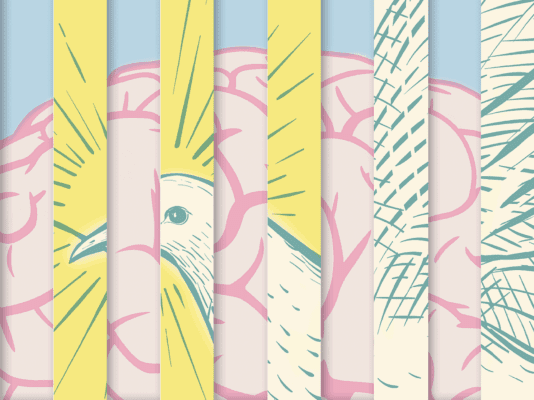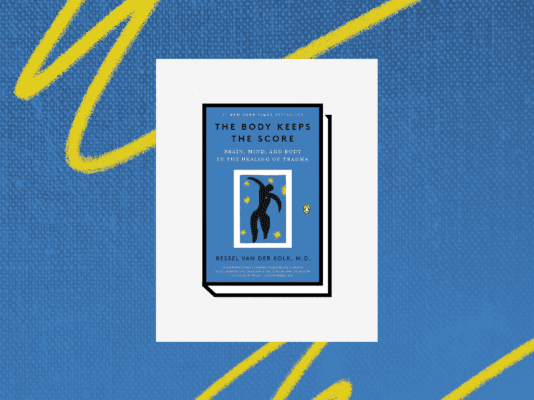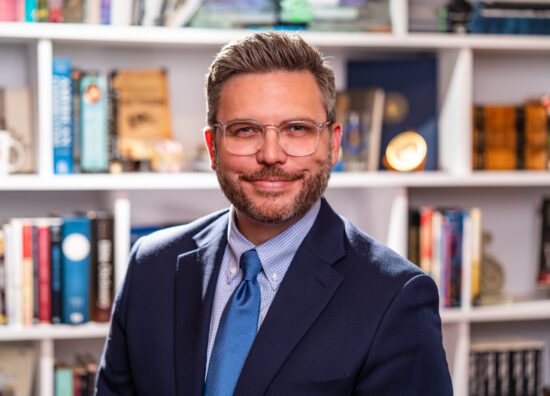It’s been just over eight months since my husband and I brought our sweet baby boy home from the hospital. Memories of what life was like before his arrival are faint. We can’t imagine our day-to-day without his crinkled-nose smiles or his excited shrieks of delight. Life as a family of three is our new normal, and while being a mommy to our little one is more exhausting than I thought possible, it is also more joy-filled and abundant than I expected. This deep joy of motherhood, however, is also mingled with sadness; sadness because the time is soon approaching when our days will no longer be filled with this little one’s sweet shrieks of delight. My heart aches knowing that while we have been able to enthusiastically cheer on his first attempts to crawl, it is unlikely that we will be able to experience his first steps, first words, or his first day of school.
Our little one is not terminally ill. This sweet baby boy that we took home from the hospital nearly nine months ago is our foster son. In the next month or two he will likely leave our home and be adopted by his extended family members. We’re grateful that our foster son has family members who want to raise him as their own. Yet, deep grief fills our hearts knowing we will not be able to make this son we love a permanent part of our family. It’s overwhelming thinking of the day we will have to strap him in his car seat for the last time, kiss his big, soft cheeks, and say our good-byes.
At times I wonder if we were crazy to get ourselves into this. Foster care is a messy, complicated process, filled with messy, complicated emotions. When we tell people he is our foster son, they usually commend us then quickly add, “I could never do foster care, I would get too attached.” But that’s the point.
Great pain for a great need
We don’t have any special ability to be foster parents. Our hearts are breakable. And detachment isn’t feasible, nor is it desirable. Parents who are willing to get “too attached” are precisely what children in foster care need. And the need is enormous:
- There are over 510,000 children in the foster care system in the U.S. Of those kids, over 100,000 of them are waiting to be adopted, but nearly 19,000 will age-out of the system every year before they have the chance.
- The kids who leave foster care without being linked to “forever families” are highly likely to experience homelessness, unemployment, and incarceration as adults. Thirty percent of homeless people in the U.S. were once formerly in the foster care system.
- The issue of attachment looms large. Having never learned how to attach to people or places, they struggle to have healthy relationships, stay in school, and hold down a job later in life.
- It is crucial at each stage of development—infants, toddlers, and young children—to learn how to attach. Even if children do not get to stay with the person they are attaching to, it is better for them to go through the pain of loss than to never attach to anyone at all.
By God’s grace, we will survive the grief of giving up our foster son. Though the pain will be great, we have the coping skills and resources to deal with the loss. But if he were to go without the love and attachment he needs at this point in his development, it wouldn’t be something he could simply catch up on later in life. It’s crucial for his sake that we risk the pain of getting “too attached.”
Jesus says, “Whoever finds his life will lose it, and whoever loses his life for my sake will find it” (Matt. 10:39). We want to lose our lives for the sake of our foster son; not only because he needs us to, but because Christ met our even more desperate need. Every dirty diaper, every night-time feeding, every heart-wrenching visit with his birth parents, every court date and call from his social worker remind us that we are losing our lives. We are giving our hearts away to this little boy we have no promise of keeping. Still, no matter the sacrifices we make, they pale compared to all that Christ sacrificed to save us.
Children are a gift. They are never ours to possess. That seems obvious with foster care. But it’s no less true with biological children. After suffering a miscarriage last October, we were delighted to find out we were expecting again four months later. A week after the positive pregnancy test, we received the phone call for our foster son. It has been a crazy season, but as I care for the two children the Lord has given us, one inside, and one out, I am reminded that they are gifts. I am not promised tomorrow with either of them. We are never promised to keep any of the children the Lord entrusts to us. Though I don’t understand the why in his doings, my soul must bless him for who he is and acknowledge with Job that we have a God who is able to do all things; his purposes cannot be thwarted (Job 42:2). He is the creator and sustainer of life–all of it.
God over foster care
Whether I become a mother biologically or through foster care, my children belong to God, not me. Expecting a new baby does not make the loss of another baby easier. The thrill of expecting a baby and the sorrow of anticipating the loss of another do not cancel each other out. Deep joy and profound grief are mingled together in our hearts. In the midst of these muddled emotions, we have found much instruction and comfort in the book of Job. Though the giving and taking did not perhaps happen at the same time for Job, he blessed the Lord for both. He recognized that the same God who had given him everything he had was the same God who was taking it away. Even more, in all his suffering, he “did not sin or charge God with wrong” (Job 1:22). He continued to acknowledge the goodness of God both in the joyful blessings and in the painful takings.
The same God who gave and took our first child through miscarriage is the same God who brought our precious foster son to our home a few months later. The same God who gave us another new life inside of my womb is the same God directing the number of days our foster son will spend in our home. Daily we are trusting that he is good in all of it: the giving and the taking. “He gives and he takes away, blessed be the name of the Lord” (Job 1:21).
Opening your heart to love any child is risky and requires a loss of self. Opening your heart and home to a foster child may seem especially risky. But in losing ourselves, we gain. We grow in understanding how Jesus loved us and gave himself up for us. In seeking to love sacrificially, we pray others will see a picture of the gospel and be drawn to Christ. We pray our love will lead our foster son to one day trust in Jesus, the one who gave him far more than we ever could. We also pray that believers everywhere will join us and risk becoming “too attached” for the sake of the children in need, and the glory of the one who alone makes such risk possible.
This article was originally published at CBMW.
Links:
Forty Reasons We’re Adopting Through Foster Care









